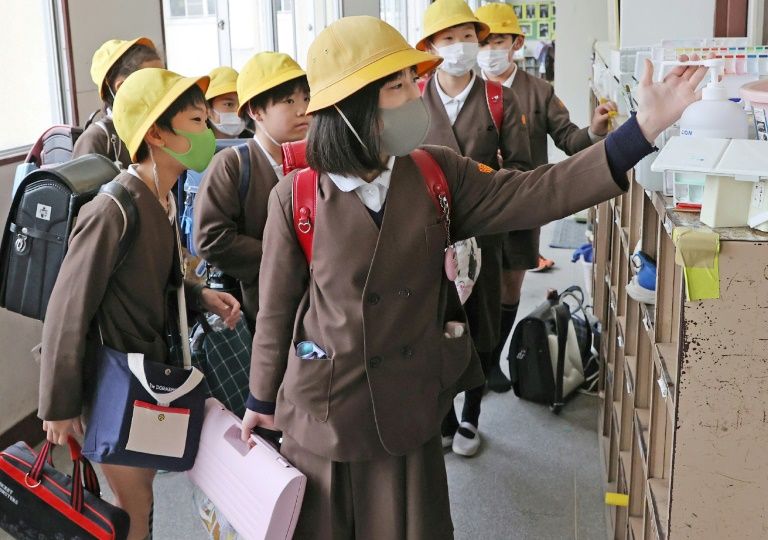Estonians vote in election with populists seen making gains
Estonians are voting in a parliamentary election Sunday in the small Baltic nation in a ballot where Prime Minister Juri Ratas and his Center Party are pitted against the center-right opposition Reform Party and where populists are seen making inroads.
Sunday\’s vote in the NATO and the European Union member of 1.3 million comes as the far-right, nationalist Estonian Conservative People\’s Party, or EKRE, has substantially increased its popularity since the 2015 election.
Both main contenders wish to keep the anti-immigration, xenophobic and euroskeptic EKRE, run by father and son Mart and Martin Helme, at bay.
"It will be quite sad if we fall towards populists, as it has happened with other countries, even with the United States," Peter Janson told The Associated Press at a polling station in Tallinn.
Nearly a million voters are eligible to elect representatives for the next four years to the 101-seat Riigikogu legislature.
EKRE got 8.1 percent of votes and seven seats in parliament in the previous election.
Ratas, 40, has been heading a coalition of his left-leaning Center Party, the Social Democrats and the conservative Fatherland since November 2016, when the previous, center-right government collapsed after internal disputes and a lost confidence vote.
The Center\’s backers include ethnic Russians, who make up 25 percent of the population in this former Soviet republic.
The government is challenged by the Reform Party, a key political party in Estonia since the early 1990s, which advocates liberal economic policies and held the prime minister\’s post continuously for 11 years from 2005-2016.
Struggling with internal crisis, Reform has seen its chairmen change several times in the past few years.
Its current head, Kaja Kallas, took over at the helm of the party as its first female leader last year.
Campaigning has mostly focused on social and economic issues such as taxation.
"The topic that most people talk about are the taxes," Kallas told The Associated Press while voting in central Tallinn.
Kallas, a lawyer and a former European lawmaker, said Ratas\’ Cabinet "has totally messed (up) the tax system . excise duties, income tax system and people are really annoyed by this."
She said that whatever the result of the election, her party will have a big influence going forward on Estonian politics.
"We will definitely be a big power," she said. "So the decisions can\’t be made without us. We are doing our best efforts to form the government, definitely. Let\’s see how it goes."
Among other things, Ratas\’ government has substantially increased excise duties on alcohol, partly on health grounds.
All parties, including the EKRE, agree that NATO and the EU are the cornerstones of Estonia\’s security and foreign policy.
Polls have put Center and Reform neck and neck with many predicting a slight win for Center, while EKRE appears set to emerge in third place.
About 26 percent of Estonians had already cast their votes online by a Feb. 27 deadline. Electronic voting pioneer Estonia was the first country in the world to use online balloting for a national election in 2005. No online voting takes place on election day.
SOURCE: Associated Press
[do_widget_area inner_adsbar]










